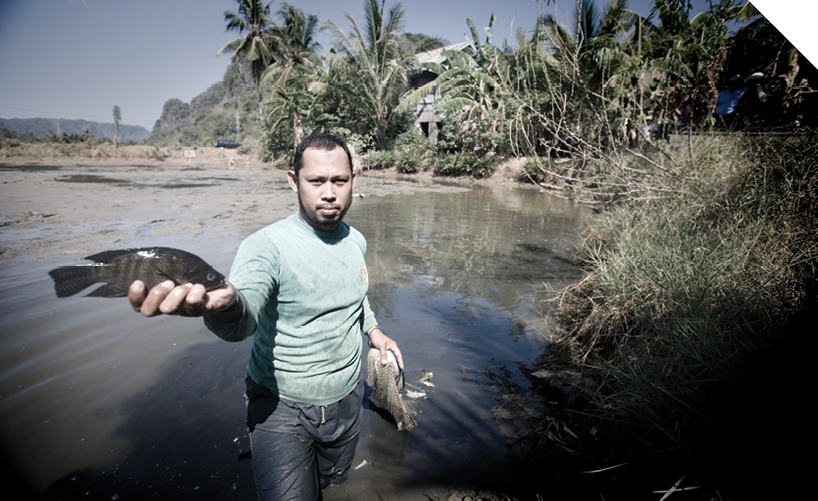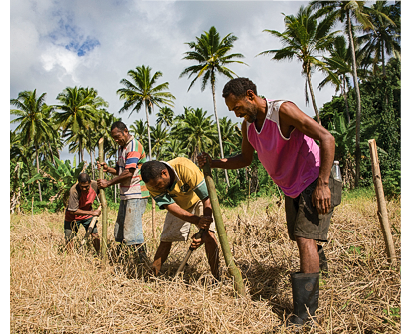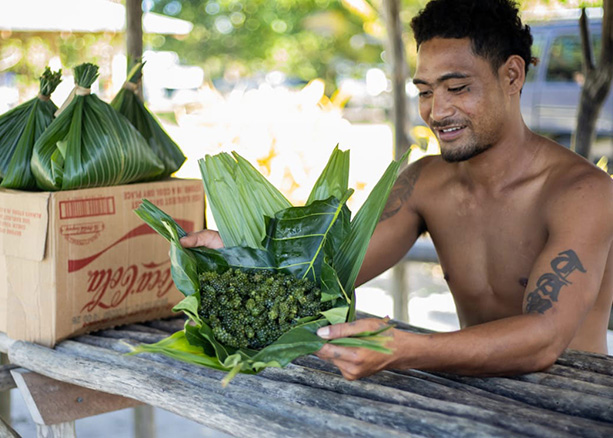A niche disaster recovery response
In 40 years of supporting agricultural development, ACIAR has been involved in the rebuilding phase of many communities after major catastrophes. The 2004 Indian Ocean earthquake and tsunami was one of the deadliest natural disasters in recorded history. It caused a series of massive ocean waves up to 30 metres high to flood inland, killing an estimated 228,000 people in 14 countries.
Worst hit was the Indonesian province of Banda Aceh, where ACIAR and Indonesian researchers had been working to establish and improve the quality of aquaculture in coastal ponds around reclaimed mangroves since the early 1990s.
Mr Barney Smith, inaugural ACIAR Fisheries Research Program Manager (1991–2009), remembered this time.
‘By 2004 ACIAR had a long history of working in partnership with Indonesian fisheries and research institutions and we could provide relevant advice to help them to rebuild. ACIAR looked at ways for the local people to reclaim their livelihoods and develop opportunities for income and food production.’
With the help of Indonesian ministries and agencies, the Australian Agency for International Development (AusAID) and ACIAR put in place a portfolio of projects to underpin the long-term reconstruction of agriculture and fisheries in Aceh.


